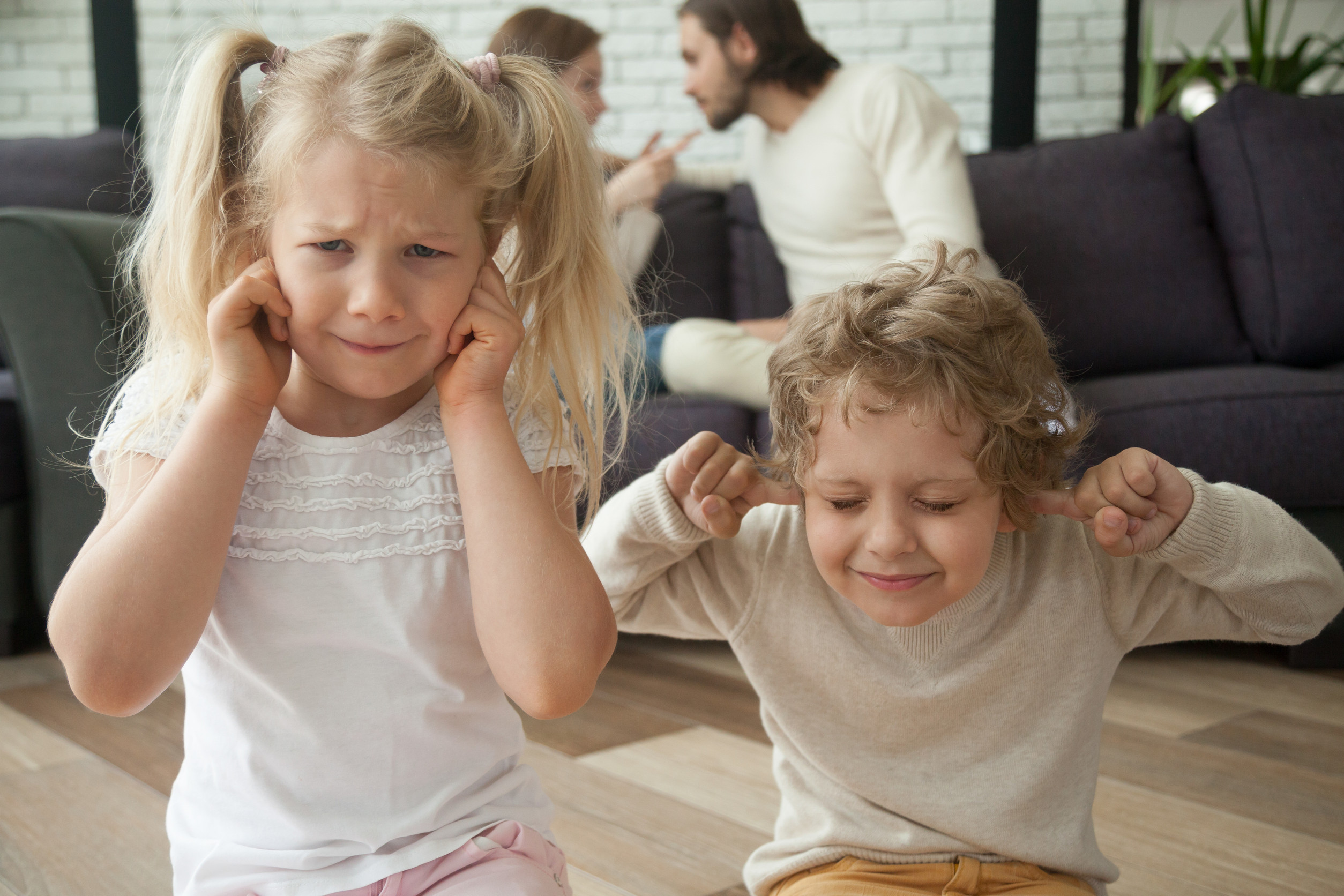
Image Source: 123rf.com
Raising children is tough, and every parent faces moments of frustration. But how you respond in those moments can leave a lasting mark, especially if yelling becomes the norm. Screaming may feel like an outlet or a quick way to get compliance, but it can cause deeper harm than you might realize. Children may not always remember what you said, but they remember how you made them feel. Over time, repeated yelling creates emotional wounds that can last well into adulthood. Understanding its impact is the first step toward changing the pattern.
1. Yelling Creates Emotional Scars That Linger
When a parent yells, a child doesn’t just hear the words—they absorb the fear, shame, and confusion behind them. Their developing brains are sensitive to emotional tone, making screaming feel like a threat to their safety. Over time, this can shape how they see themselves, leading to low self-esteem and chronic anxiety. Even if you apologize later, the emotional memory of the yelling often remains. Kids may become hypersensitive to tone, avoiding conflict or becoming overly cautious to prevent another outburst. These emotional scars can quietly shape their personality for years to come.
2. It Teaches Fear, Not Respect
While some parents believe yelling enforces discipline, what it often teaches is fear, not respect or understanding. Children may obey in the moment, but they’re doing so out of panic, not learning right from wrong. This undermines trust in the relationship and prevents healthy communication. Instead of feeling safe turning to a parent with a problem, the child may withdraw to avoid being yelled at. Over time, fear-based parenting creates emotional distance and hinders open dialogue. Teaching through calm, consistent boundaries builds respect that lasts longer than fear ever could.
3. Yelling Triggers the Brain’s Stress Response
A child’s brain is still developing, and yelling activates their fight-or-flight response. This surge of stress hormones—like cortisol—can lead to emotional dysregulation, sleep issues, and behavioral problems. Chronic stress during childhood has been linked to long-term health issues, including depression and heart disease. When yelling becomes routine, it keeps the child in a constant state of alertness. This makes it harder for them to concentrate, relax, or trust the environment around them. Essentially, yelling wires their brain to anticipate chaos instead of comfort.
4. Screaming Models Poor Emotional Regulation
Children learn how to handle emotions by watching the adults in their lives. When parents scream during stress, it teaches kids that yelling is how to handle frustration. They’re more likely to mimic this behavior at school, with friends, or with their own future children. This cycle can be difficult to break and often passes through generations. Teaching calm responses—even when emotions run high—sets a healthier example for how to process anger or disappointment. It’s not about never feeling upset; it’s about showing your child what self-control really looks like.
5. Apologies Alone Don’t Undo the Damage
While saying “I’m sorry” after yelling is important, it doesn’t erase the emotional impact. Repeated yelling followed by apologies creates a confusing cycle for children. They may start to distrust your words, not knowing whether kindness or anger will come next. This unpredictability affects their emotional security and self-worth. Consistent behavior change is what rebuilds trust, not just words. Children thrive in environments where love and discipline are both steady and safe.
6. There Are Better Ways to Be Heard
Raising your voice may feel like the only way to get your child’s attention, but it’s rarely the most effective. Calm, firm communication combined with consistent consequences teaches more than shouting ever will. Eye contact, kneeling to their level, and using clear, respectful language can make a bigger impact. Taking a break when you feel overwhelmed can prevent yelling altogether. Teaching problem-solving, listening skills, and emotional vocabulary gives kids lifelong tools. The quieter approach often speaks the loudest.
Choose Connection Over Control
Yelling at your kids may feel like a momentary release, but its effects can echo for years. Every raised voice builds a wall between you and your child, while every calm word builds a bridge. The way you handle frustration teaches them how to handle their own. Choosing connection, even during tough moments, creates a foundation of trust and love. No parent is perfect, but awareness and change go a long way. Start small, stay consistent, and remember—your voice helps shape their inner world.
Read More
8 Ways Your Parents Are Still Responsible For Your Livelihood
Planning for Parenthood: Strategies for Saving and Investing for Your Children
Leave a Reply